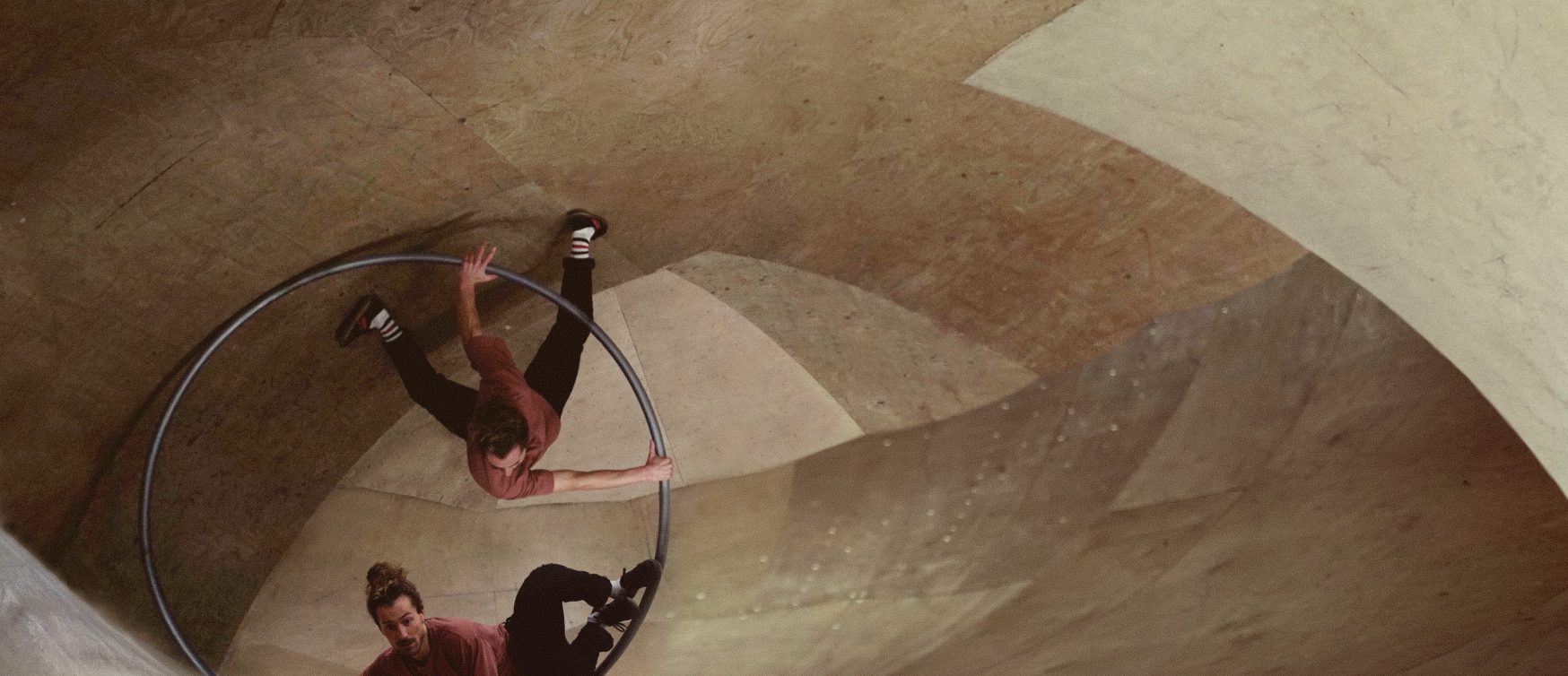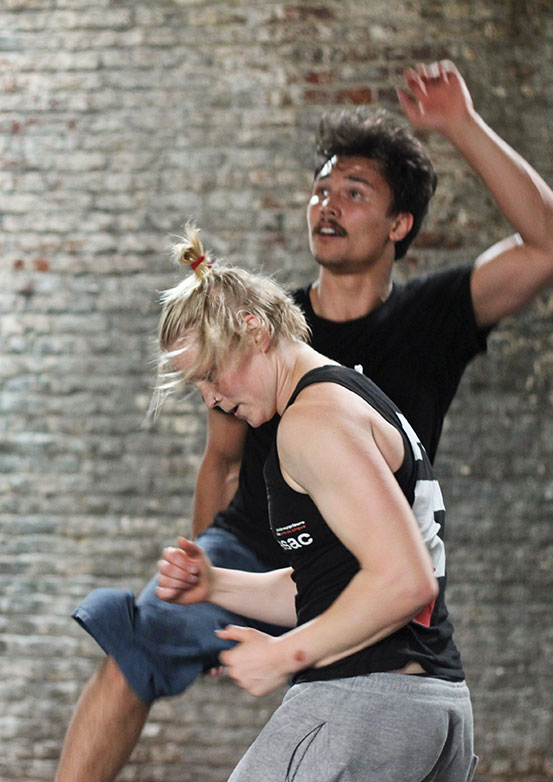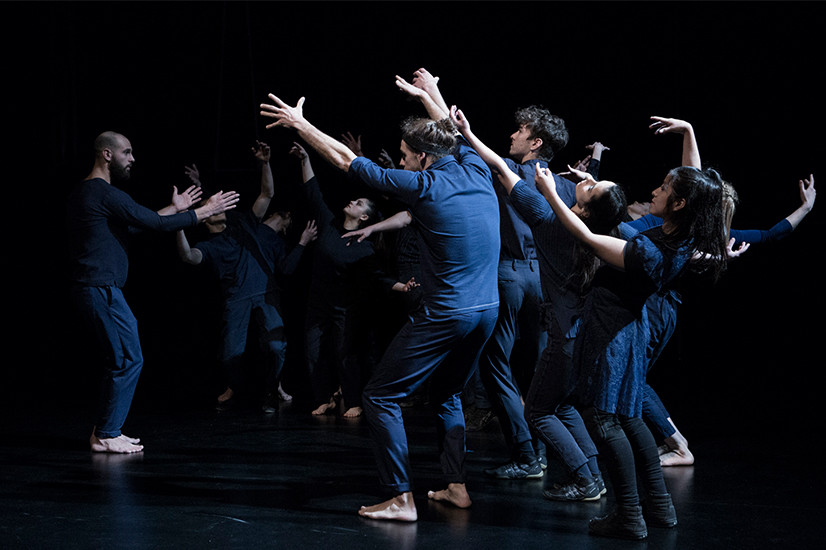start of the school year
New students are expected to start on 16 September 2024. No delays are possible. The first day of the academic year is the time for professors to organise their teaching work and prepare for the year ahead. The college gets back up and running and logistical tasks are completed, like checking the apparatus, administrative formalities such as registering with the local authorities, signing up for Belgian insurance and registering with gas and electricity suppliers. Then they have to pick up all the paperwork they need like timetables, get their firstname.surname@esac.be email address, collect the student rulebook, find out the dates of their assessments and which criteria will be evaluated…
New students are asked to provide proof of what they have been doing for the last 5 years with supporting documents such as certificates for qualifications specifying whether they passed, failed or dropped out for every year of study they began if they were studying, along with transcripts for each year. If they were working, they will need to provide certificates of employment issued by their employer, specifying the start and end dates of their contract. If, and only if, they are unable to provide documentary evidence to demonstrate what they have been doing for the last 5 years, they will be asked to provide a sworn statement.
-

The student rulebook is aimed at all students. It is one of the essential documents provided electronically at the time of admission.
This document includes: the teaching and artistic programme; a description of the course programmes and the provisions inherent in the teaching methods; an outline of the academic year; information needed to make sure you comply with our enrolment and academic policy; how we verifying attendance; our approach to discipline and appeal procedures; the timetable for exams and artistic assessments as well as options outside this timetable; admission requirements and the deadlines for registering for exams and judging panels; conditions under which students cannot register for exams and assessments; how we weight different components; how the panels of judges are composed and how they work; how credits are evaluated by VAE establishments.
-
The Vade Mecum is aimed at all ÉSAC users: students, professors, lecturers, exchange students, former students admitted to independent training, administrative and technical staff. It provides full details of how different areas and equipment are used, responsibilities, instructions, tidying up, access to the premises, cleaning instructions and how equipment and procedures must be respected.
-
The student council is made up of all the students. Every year, they vote for the members of the representative bodies, which are:
- the options council
- the educational management council
- the social council
Their opinions are sought during meetings attended by their representatives. The opinions of all of these councils are recorded in minutes that are sent out by email once they have been approved.

tuition fees
Tuition fees for the 2024-2025 academic year
In order to be considered for enrolment, each student must pay at least €50 towards the enrolment fee by bank transfer (no later than 31/10/2024). The balance must be paid no later than 1 February 2025.
For students from the European Union
- In the first and second year, tuition fees are €175.01
- In the third year, tuition fees are €227.24
For students from countries OUTSIDE the European Union
- In the first and second year, tuition fees are €175.01 + €992.00
- In the third year, tuition fees are €227.24 + €992.00

Tuition fees must be paid into the account:
C.F. Province – École supérieure des arts du cirque
Avenue Emile Gryzon, 1 – 1070 BrusselsIBAN: BE77 0910 1225 2442
BIC: GKCCBEBBBank address: BELFIUS Banque
Boulevard Pacheco, 44 – Passage 44 — 1000 BrusselsPlease specify: surname, first name, 2024-2025, minerval [tuition fees].
Insurance
In addition to whatever insurance cover they might have in their home country, we require all students to take out Belgian insurance. In the event of an accident or illness, this will cover the student, saving them the cost of emergency room visits, prescription drugs, physical therapy etc. An information meeting will be organised at the beginning of each academic year to explain what needs to be done.
- For Belgian students: At the beginning of each calendar year, Belgian students must provide a certificate from their mutual insurance company (“mutuelle”) containing the information on their social ID or “SIS” card (surname, first name, validity etc.)
- For European students: European legislation on health insurance stipulates that anybody who resides in a Member State other than the one in which they are affiliated with an insurance company can receive health insurance benefits in their State of residence. Ask your health insurance company for a form confirming your current health insurance rights or a European Health Insurance Card. You will need this to register with an insurance company in Belgium.
- For non-European students:If there is no agreement in place with Belgium, non-European students will need to sign up with a Belgian mutual insurance company as a “resident” and will need a legal address in Belgium, in other words, be registered in the national register of natural persons.
SAFESA
SAFESA is the support unit for the ESA student community.
Led by the Brussels academic center, the Safesa Cell was born in October 2022. It supports a culture of consent and safe learning spaces (secure and secure) within 8 Brussels ESAs (ARBA, CRB, ÉSAC, erg, INSAS, La Cambre, Le 75 and Saint-Luc). Hence its name “Safe + ESA”.
The work of the Unit is based on two axes:
- Prevention, information and training.
- Free psychological consultations intended for students questioning or affected by situations of harassment, discrimination, sexist and/or sexual violence. In a welcoming, confidential and independent reception area from ESAs.
Where and when ?
- Monday & Wednesday from 1 p.m. to 5 p.m. in the Ma Campagne district with Madame Charlotte Petitjean (Psychologist & Sexologist): make an appointment
- Wednesday & Thursday from 1 p.m. to 5 p.m. in the City Center district with Madame Céline Janssens (Clinical Psychologist, Sexologist & Psychotherapist): make an appointment
Information and appointments: cellule.safesa@gmail.com and @safesa.bxl on Instagram.
student initiatives
OPEN STAGES offer students the opportunity to put on performances independently. They are put on by the students between 3 and 4 times a year. They offer students the chance to try something out with a restricted, external audience, in a friendly, free environment in which they can express themselves. These presentations are put on without any particular preparation and outside of class hours, depending on the availability of the venue.
-
Event
- EXIT- 18 >22 JUNE
-


